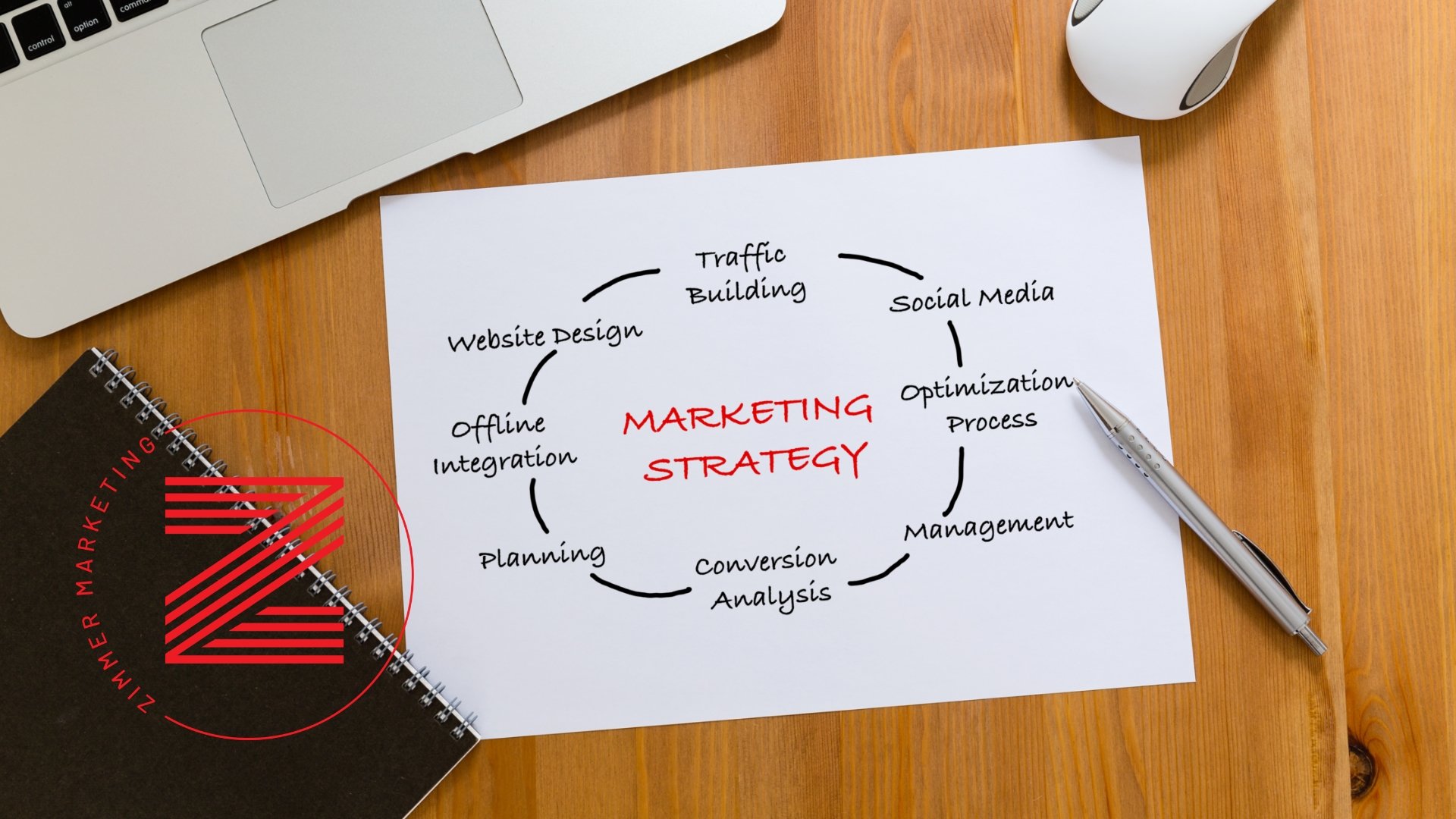Topics: Marketing Strategy, Marketing ROI, Digital Marketing, Advertising
Zimmer Marketing Guide to Digital Advertising: Facebook
Best Practices for Small Business Facebook Ads
1. Define Your Target Audience
2. Create Compelling Ad Content
Your ad content should be visually appealing and include a clear call to action. Use high-quality images or videos that showcase your products or services. Keep your ad copy concise and engaging, focusing on the benefits you offer customers.
3. Set Clear Objectives
Before launching your campaign, determine what you want to achieve. Facebook offers various campaign objectives, such as brand awareness, traffic, or conversions. Choose the one that aligns best with your business goals.
4. Use A/B Testing
Experiment with different ad formats, images, and copy to see what resonates best with your audience. Facebook's A/B testing tools can help you optimize your campaigns for better performance.
5. Monitor and Adjust
Review your ad performance regularly and adjust as needed. Pay attention to metrics like click-through rates, conversion rates, and cost per acquisition to ensure the best return on your investment.
Integrating Facebook Ads with Your Marketing Strategy
1. Consistent Messaging
Ensure that your Facebook Ads align with the messaging used in your radio ads and on your website. This consistency helps reinforce your brand identity and makes your marketing efforts more memorable.
2. Cross-Promotion
Use your radio ads to drive listeners to your Facebook page or website for exclusive offers or content. This cross-promotion can boost online engagement and conversion rates.
3. Retargeting
After running a radio ad campaign, use Facebook's retargeting options to reach users who may have heard your radio ad. This lets you maintain contact with an engaged audience and guide them further down the sales funnel.
4. Audience Insights
Combine data from Facebook and radio listenership to gain a more complete view of your audience. Use these insights to refine your targeting strategies and create more effective campaigns across all channels.
5. Complementary Reach
While radio provides broad reach, Facebook Ads allow for more targeted, personalized messaging. Use radio to build general brand awareness, and then leverage Facebook Ads to deliver more specific, tailored content to interested segments of your audience.
6. Integrated Campaigns
Consider using Facebook to drive initial awareness and interest in your product or service, and then reinforce your message with radio ads. This approach leverages the strengths of both platforms to create a cohesive brand experience.
Bringing It All Together
Remember, the key to success is consistency in messaging across all platforms while tailoring your approach to each channel's unique strengths. With careful planning and execution, Facebook Ads can become a valuable component of your overall marketing strategy, working in harmony with your other marketing efforts to drive business growth.
Need Help Putting Together an Integrated Marketing Campaign?
Get In Touch with a Marketing Consultant
Topics: Integrated Marketing, Social Media, Digital Marketing, Advertising
Why $500 a Month Isn't Enough for Business Marketing
Topics: Integrated Marketing, Radio Advertising, Marketing Strategy, Marketing ROI, BrandsFormation, Digital Marketing, Advertising, Branding
Topics: Radio Advertising, Advertising Creative, Advertising, Branding
1. Set Clear Goals
2. Analyze Past Performance
3. Prioritize Your Target Audience
4. Diversify Your Marketing Mix
5. Leverage Data and Analytics
6. Invest in Content Marketing
7. Monitor Your ROI
Build an Effective Marketing Plan
Topics: Integrated Marketing, Marketing Strategy, Digital Marketing, Advertising
What's the Difference Between Marketing Strategy and Tactics?
Topics: Marketing Strategy, Digital Marketing, Advertising, Branding
4 Tips to Help You Choose the Right Marketing Channels for Your Business
1. Identify Your Marketing Audience
2. Plan for the Buyer's Journey
3. Set Clear Campaign Objectives
4. Consider Your Budget
Putting It All Together
Contact Zimmer Marketing
Topics: Integrated Marketing, Marketing Strategy, Marketing ROI, Digital Marketing, Advertising, Branding
Print Media in 2023
While the around 20 million people still receiving newspapers can still be reached with newspaper advertising, the last two decades have nonetheless seen the national audience shrink by half. Those with access to stable internet connections, and especially those with smartphones, prefer receiving news and entertainment via various forms of digital media. The remaining audience for traditional print media tends to be older, more rural, and more involved in their local community.
Diversify Your Marketing Media
Advertising Alternatives to Print Media
Radio Advertising
Digital Display Ads
Organic Search Strategy
Search Engine Marketing
Revamp Your Marketing Strategy
Contact Zimmer Marketing
Topics: Integrated Marketing, Radio Advertising, Marketing Strategy, Marketing ROI, Digital Marketing, Advertising
Zimmer Marketing Brings Home 5 First Place Wins at 2023 MBA Awards
Topics: Radio Advertising, Joplin Market, Advertising Creative, Team Zimmer, Advertising, Company Culture
Topics: Radio Advertising, Marketing Strategy, Marketing ROI, Digital Marketing, Advertising










